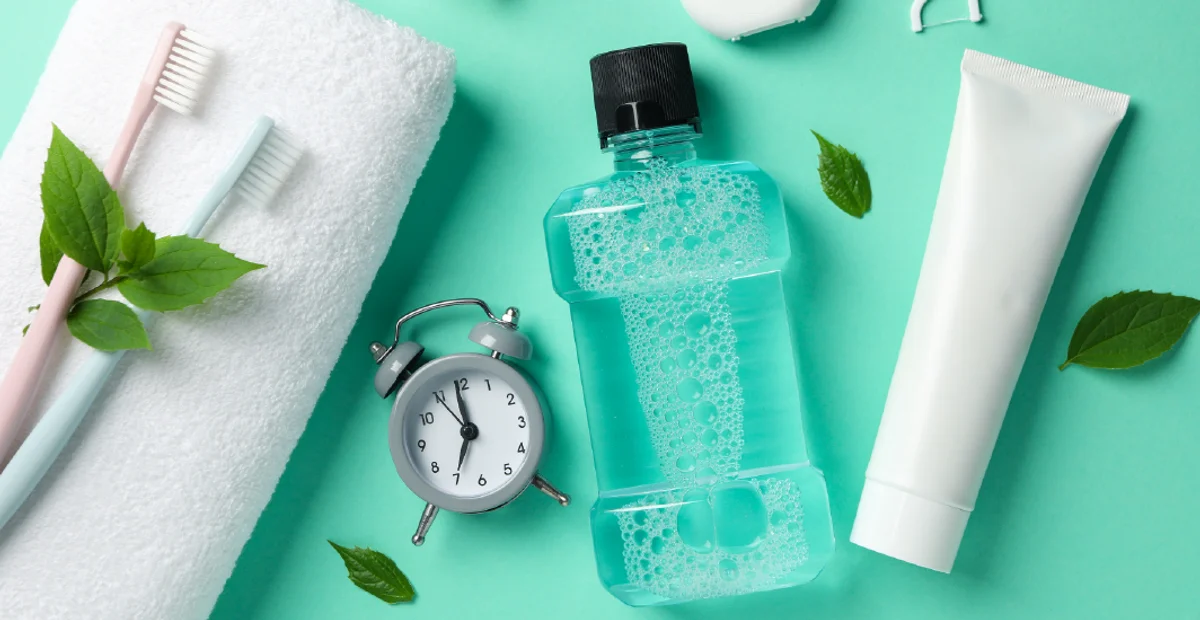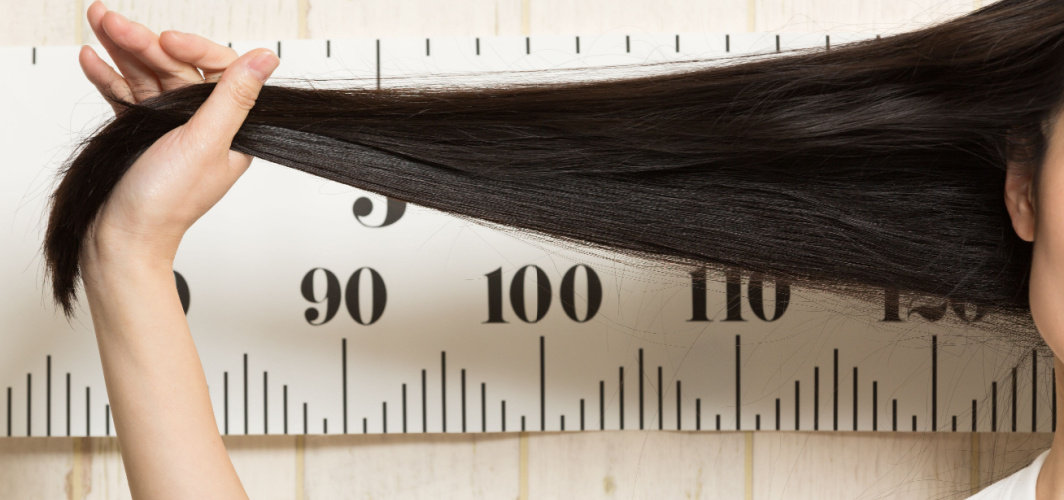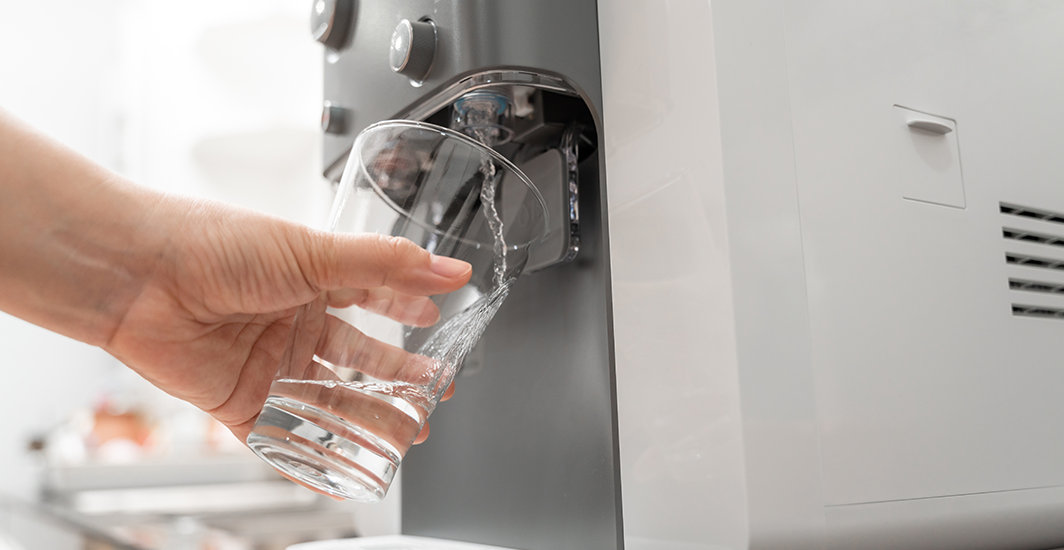- Home
- Blog
- Personal Care
Bad Breath: A Mirror to Your Oral Health
Personal Care
Bad Breath: A Mirror to Your Oral Health
By - 08 February 2023
Share this article
0
0 like

Does your breath have a foul odor, in the morning or throughout the day? Then you might be one of the million people suffering from bad breath (Halitosis).
People may be unaware of their foul breath, which can lead to an embarrassing circumstance when a family, friend, or coworker points it out. Bad breath may have a negative influence on a person's quality of life in severe cases. The Global Burden of Disease Study of 2017 conducted by the WHO found that around 3.5 billion people worldwide suffer from oral diseases. However, most oral diseases including bad breath can be prevented or treated by maintaining oral hygiene.
What causes bad breath?
Poor Oral Hygiene
Poor dental hygiene predominantly causes bad breath. It can lead to bacteria persisting on the teeth or the tongue. When you fail to keep adequate dental hygiene like brushing and flossing then bacteria accumulate and cause plaque thereby resulting in foul odor.
Food
Post meal, residues of foods containing garlic, fish, eggs, and onions present in the mouth produces bad breath. Beverages such as coffee, tea, carbonated beverages, and alcohol reduce salivary production and less saliva in the mouth accumulates bacteria for longer periods.
Smoking
Smoking causes tooth staining, dry mouth, and tobacco residual in the mouth giving a foul odor to the breath. People who smoke, more commonly face the embarrassment of stinky breath and are prone to major health disorders.
Diseases
Oral diseases such as Gum infection, tooth decay, and Liver, respiratory, kidney, and gastrointestinal reflex diseases are associated with bad breath.
Mandatory oral hygiene products:
Tooth Brush:
- Use a soft or ultra-soft bristles toothbrush to clean your teeth twice a day daily.
- Brushing your teeth vigorously can cause damage to your teeth and gums.
- Manual or electric toothbrushes can be used to remove the coating of plaque from the teeth. Electric toothbrushes have proven to be more effective in clearing plaque because of rotation-oscillation movement.
- The areas between the teeth, which are difficult for a standard toothbrush to clean, can be cleaned with interproximal brushes.
- Replace your toothbrush every 3 months.
Toothpaste:
Select a toothpaste that contains sodium fluoride and stannous fluoride, which acts anti-cavity agent. Look for the following substances based on personal hygiene and requirements.
- If you have sensitive teeth, use potassium nitrate.
- For whiter teeth, use hydrogen peroxide.
- Stain removal using calcium carbonate
Flossing:
Wax-coated thread known as the floss is used to remove plaque and debris stuck between the teeth, dental fillings, braces, or other orthodontic appliances. Flossing regularly can help to minimize gingivally (Gum) bleeding and the risk of cavities.
Tongue Cleaning:
Cleaning the tongue is a crucial part of having a mouth that is fully free of foul odor. Various types of tongue cleaners are available from metal scrapers to plastic scrapers. Some toothbrushes also have tongue cleansers on the non-bristle end.
Mouthwash:
Mouthwashes supplement other oral hygiene methods. Cosmetic mouthwashes are intended to cover up poor breath, can prevent the buildup of plaque, and strengthen the enamel.
Whereas mouthwashes with chlorhexidine di gluconate are used to cure and prevent periodontitis (Gum infection). Before using mouthwash, dilute it with water.
Get all kinds of oral hygiene products from Apollo Pharmacy sensitive+ toothbrush to Apollo Pharmacy Fresh Breath Mouthwash online or from your nearest Apollo Pharmacy.
Practice tips to maintain oral health:
Your dental health has a strong link to your overall health. Your health may affect negatively if there are any issues with your gums, teeth, tongue, and denture. So, it is important to follow good oral hygiene habits.
- Stay hydrated: Water serves as a natural cleanser and keeps us hydrated, which relieves dry mouth. Have a good intake of fluids as saliva is essential for wiping away debris from your teeth and gums.
- Consume nutritious diet: Sugary and processed meals, such as baked goods, should be avoided. Consume a diet high in fiber, which may be found in green vegetables, fruits, and whole grains, which increases saliva production in the mouth.
- Do regular oral checkup: Visit your dentist every 6 months for a routine checkup and cleaning to maintain a healthy oral cavity. Visit your dentist if you have discomfort, bleeding gums, swelling, non-healing ulcers or cannot get rid of bad breath as it might indicate a significant or potentially dangerous condition. Book your appointment online with the dentist from Apollo 24/7.
You can combat bad breath by practicing basic oral hygiene such as brushing your teeth, cleaning the tongue, using mouthwash, consuming a healthy diet, staying hydrated, and flossing regularly. So now you don’t have to pop breath mints or constantly chew mints or be embarrassed about your breath. Just follow the tips and maintain your oral hygiene.
Services
Personal Care
Leave Comment
Services
Recommended for you

Personal Care
How To Grow Hair Faster? Know Effective Remedies
Hair growth can be accelerated by understanding the hair growth cycle and trying out different and effective home remedies. This blog explores everything that you need to do for faster hair growth besides providing crucial information on reasons behind poor hair growth.

Personal Care
10 Summer Foods To Keep Your Body Cool
Summer is here and it is the perfect time to enjoy all of the delicious seasonal fruits and vegetables that are available. But did you know that certain foods can actually help to keep your body cool? Here are some summer foods to add to your diet to help you stay cool all season long!

Personal Care
How to maintain hygiene in monsoons
The monsoon has started and so is the urge to stand in the pouring rain a relive your childhood! But don’t forget to maintain hygiene practices religiously this monsoon. Learn how to stay safe and happy in our blog! #ApolloPharmacy, #MonsoonDiseases, #MonsoonHealthTips, #MonsoonWellness
Subscribe
Sign up for our free Health Library Daily Newsletter
Get doctor-approved health tips, news, and more.

